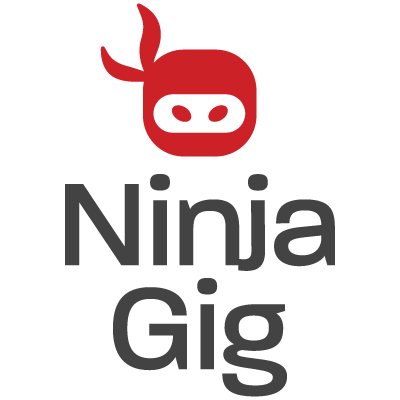Human Resources may not be the easiest department to work for in a company. During any given week, HR professionals are often known to break the good news with the bad, hiring a key candidate or turning one down and organizing certain roles during restructuring. All the while, HR is responsible for hiring, recruiting and retaining top talent, which makes it hard to remember all the subtle HR best practices you need to know for compliance.
HR Best Practices and Hiring Are Critical to Company Success
Contrary to popular belief among employees (and even HR professionals), the bad doesn’t always outweigh the good, and best practices are constantly being established to ensure this. HR managers should focus on the best HR practices to boost company involvement and to create a healthy work atmosphere.
Employee Feedback Systems
In an article on Recruiter.com, one of the many HR best practices to always resort to is creating an employee feedback system. Feedback is an effective means of learning more about suggested changes. Perhaps start conducting employee satisfaction services, or create feedback channels to stay current on certain issues within a company and employee’s concerns.
In the same article, it explained that HR professionals should implement special incentives or performance-based bonuses among employees. While a common practice, it always feels good to be rewarded for hard work, and when accolades come down from upper management, it not only maintains good morale but productivity as well.
Employee recruitment
The topic of recruiting practices can be discussed until eternity and is a hot topic all its own. To offset some of the challenges of recruiting, creating and maintaining talent pools is essential for any HR pro.
Talent pools are basically a database of potential candidates to resort to at the time of hiring. According to Monster.com, talent pools are “a contingency plan and can result in reducing costs or time and productivity is not affected too much by a skills shortage. According to Monster.com, some effective ways of building a talent pool include:
- Remember Previous Potential Applicants: Even though a previous candidate didn’t receive that final offer, it doesn’t mean their skills and qualifications are at a loss for future roles. File their resume (and any additional documents) and add them to “your pool” for reference down the road.
- Network, Network, and Network: Trade shows, industry conferences, association meetings, to name a few, are all effective ways of meeting and interacting with potential candidates for future hires. Ask for business cards, request a CV or basic contact information (and adding separate notes) for your database is a great way to increase references for the future.
- Online Searches: In this day and age, networking is not limited to industry functions. Facebook, LinkedIn and several social networking sites make it so simple to reach out to a potential candidate. This is also something to do when the time allows and always keep their details in a database.
Most of all, Monster.com recommends keeping your talent pool small. It should only contain professionals who will make a difference to your company. Also, the more effort you take to create a solid talent pool, the less work will be required when it comes to the hiring process.
By signing up with Ninja Gig, companies easily promote openings using online employment applications. Online job applications make it easy for qualified applicants to apply. Sign up now for your free trial and get your online job applications in front of potential candidates now.
